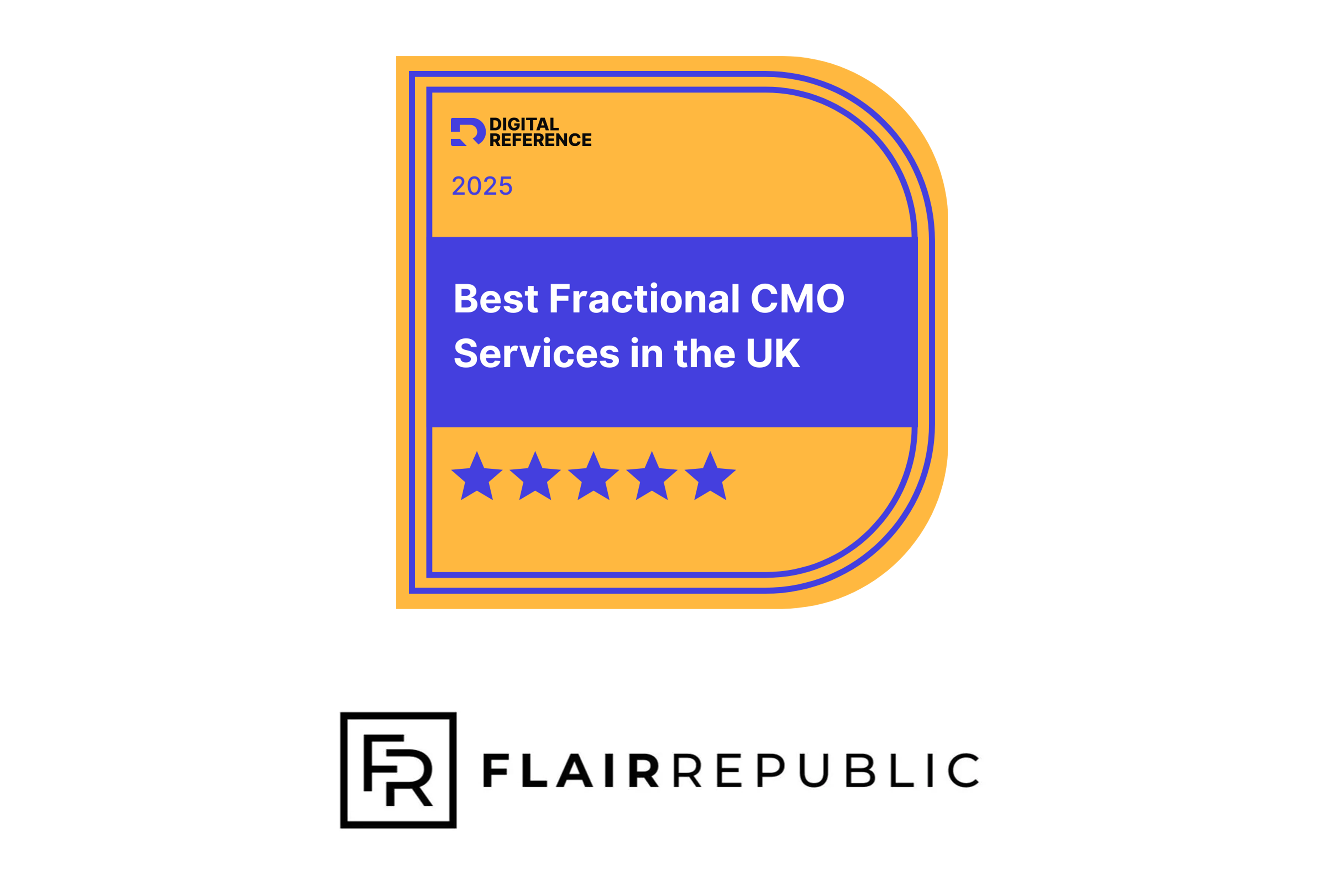
E-commerce SEO: Driving More Traffic and Sales
Contents
In the competitive world of e-commerce, standing out in search engine results through E-Commerce SEO can significantly impact your online business’s success. E-commerce SEO (Search Engine Optimisation) is the key to improving your website’s visibility, attracting qualified traffic, and ultimately increasing conversions. Let’s take a look at the essential strategies and best practices to optimise your e-commerce site for search engines.
How to Drive More Traffic and Sales in E-Commerce SEO
Conduct Comprehensive Keyword Research
Start by identifying relevant keywords that potential customers are using to search for products in your niche. Use tools like Google Keyword Planner, SEMrush, or Ahrefs to uncover high-volume, low-competition keywords. Focus on long-tail keywords that reflect specific product queries and buyer intent.
Optimise Product Pages for Search Engines
Each product page should be optimised for a target keyword. Optimise title tags, meta descriptions, and headings with relevant keywords. Ensure product descriptions are unique, informative, and incorporate target keywords naturally. Use high-quality images with descriptive alt text to enhance visual appeal and accessibility.
Improve Website Structure and Navigation
Create a clear and intuitive site structure that allows search engines to crawl and index your pages efficiently. Use breadcrumb navigation, internal linking, and XML sitemaps to enhance discoverability. Optimise category pages with keyword-rich content and ensure a logical hierarchy for seamless user experience.
Implement Schema Markup for Rich Snippets
Enhance your product listings in search results by implementing schema markup. This structured data helps search engines understand product information, reviews, pricing, and availability. Rich snippets can improve click-through rates and visibility in organic search results.
Optimise Site Speed and Mobile Responsiveness
Page speed and mobile responsiveness are critical ranking factors for e-commerce websites. Use tools like Google PageSpeed Insights to identify and fix performance issues. Optimise images, leverage browser caching, and use responsive design to ensure a seamless experience across all devices.
Leverage User-Generated Content and Reviews
Encourage customers to leave reviews and testimonials on product pages. User-generated content not only builds trust but also provides valuable keywords and long-tail phrases that can improve SEO. Respond to customer feedback promptly to demonstrate excellent customer service.
Focus on Local SEO for Brick-and-Mortar Stores
If you have physical store locations, optimise your e-commerce site for local search. Claim and optimise your Google My Business listing, use local keywords, and include location-specific information on product pages. This can drive foot traffic and boost online visibility.
Build High-Quality Backlinks
Earn backlinks from reputable websites and influencers in your industry. Focus on quality over quantity by creating valuable content that naturally attracts links. Partner with bloggers, industry publications, and influencers to amplify your brand’s authority and improve search rankings.
Monitor and Analyze Performance
Regularly monitor key SEO metrics using tools like Google Analytics and Google Search Console. Track rankings, traffic sources, conversion rates, and user behavior. Use data-driven insights to refine your SEO strategy and capitalise on opportunities for improvement.
Conclusion
E-commerce SEO is a continuous process that requires dedication and strategic planning. By implementing these proven strategies and best practices, you can enhance your website’s visibility, drive more qualified traffic, and ultimately boost sales. Remember to stay updated with SEO trends and algorithm changes to maintain a competitive edge in the ever-evolving digital landscape.
Ready to take your e-commerce business to the next level? Take a look at our SEO Packages or get in touch with us to discuss how we can transform your E-Commerce business with SEO.






